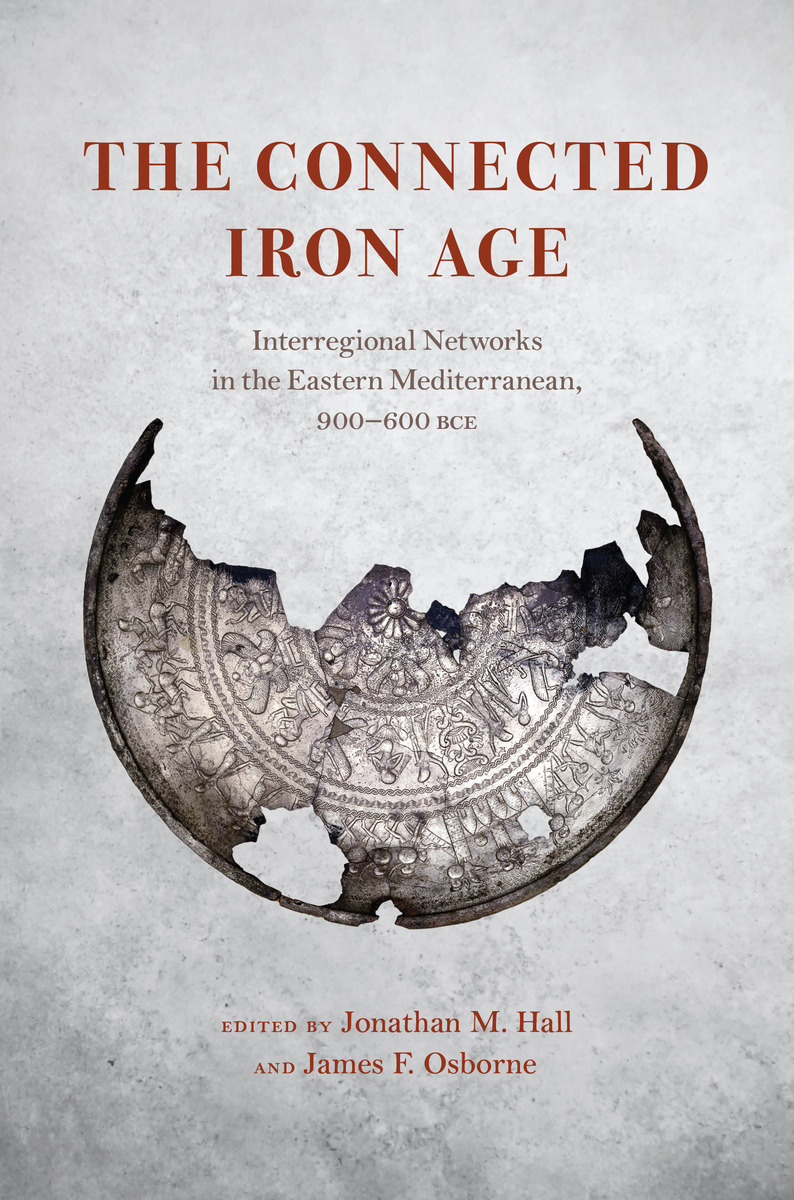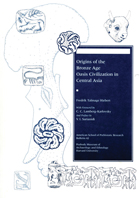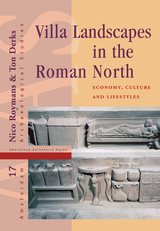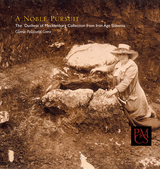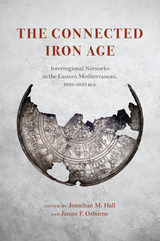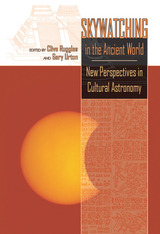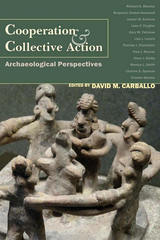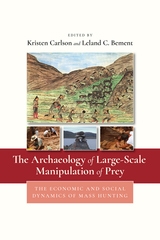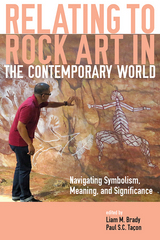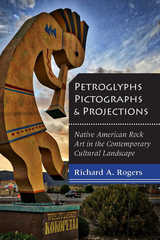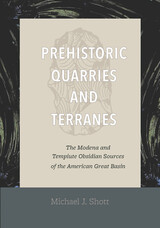The Connected Iron Age: Interregional Networks in the Eastern Mediterranean, 900-600 BCE
University of Chicago Press, 2022
Paper: 978-0-226-82834-3 | eISBN: 978-0-226-81905-1 | Cloth: 978-0-226-81904-4
Library of Congress Classification GN780.32.N4C66 2022
Dewey Decimal Classification 939.4
Paper: 978-0-226-82834-3 | eISBN: 978-0-226-81905-1 | Cloth: 978-0-226-81904-4
Library of Congress Classification GN780.32.N4C66 2022
Dewey Decimal Classification 939.4
ABOUT THIS BOOK | AUTHOR BIOGRAPHY | REVIEWS | TOC | REQUEST ACCESSIBLE FILE
ABOUT THIS BOOK
An interdisciplinary consideration of how eastern Mediterranean cultures in the first millennium BCE were meaningfully connected.
The early first millennium BCE marks one of the most culturally diverse periods in the history of the eastern Mediterranean. Surveying the region from Greece to Iraq, one finds a host of cultures and political formations, all distinct, yet all visibly connected in meaningful ways. These include the early polities of Geometric period Greece, the Phrygian kingdom of central Anatolia, the Syro-Anatolian city-states, the seafaring Phoenicians and the biblical Israelites of the southern Levant, Egypt’s Twenty-first through Twenty-fifth Dynasties, the Urartian kingdom of the eastern Anatolian highlands, and the expansionary Neo-Assyrian Empire of northern Mesopotamia. This volume adopts an interdisciplinary approach to understanding the social and political significance of how interregional networks operated within and between Mediterranean cultures during that era.
The early first millennium BCE marks one of the most culturally diverse periods in the history of the eastern Mediterranean. Surveying the region from Greece to Iraq, one finds a host of cultures and political formations, all distinct, yet all visibly connected in meaningful ways. These include the early polities of Geometric period Greece, the Phrygian kingdom of central Anatolia, the Syro-Anatolian city-states, the seafaring Phoenicians and the biblical Israelites of the southern Levant, Egypt’s Twenty-first through Twenty-fifth Dynasties, the Urartian kingdom of the eastern Anatolian highlands, and the expansionary Neo-Assyrian Empire of northern Mesopotamia. This volume adopts an interdisciplinary approach to understanding the social and political significance of how interregional networks operated within and between Mediterranean cultures during that era.
See other books on: Commerce | Eastern Mediterranean | Hall, Jonathan M. | Iron age | To 622
See other titles from University of Chicago Press
